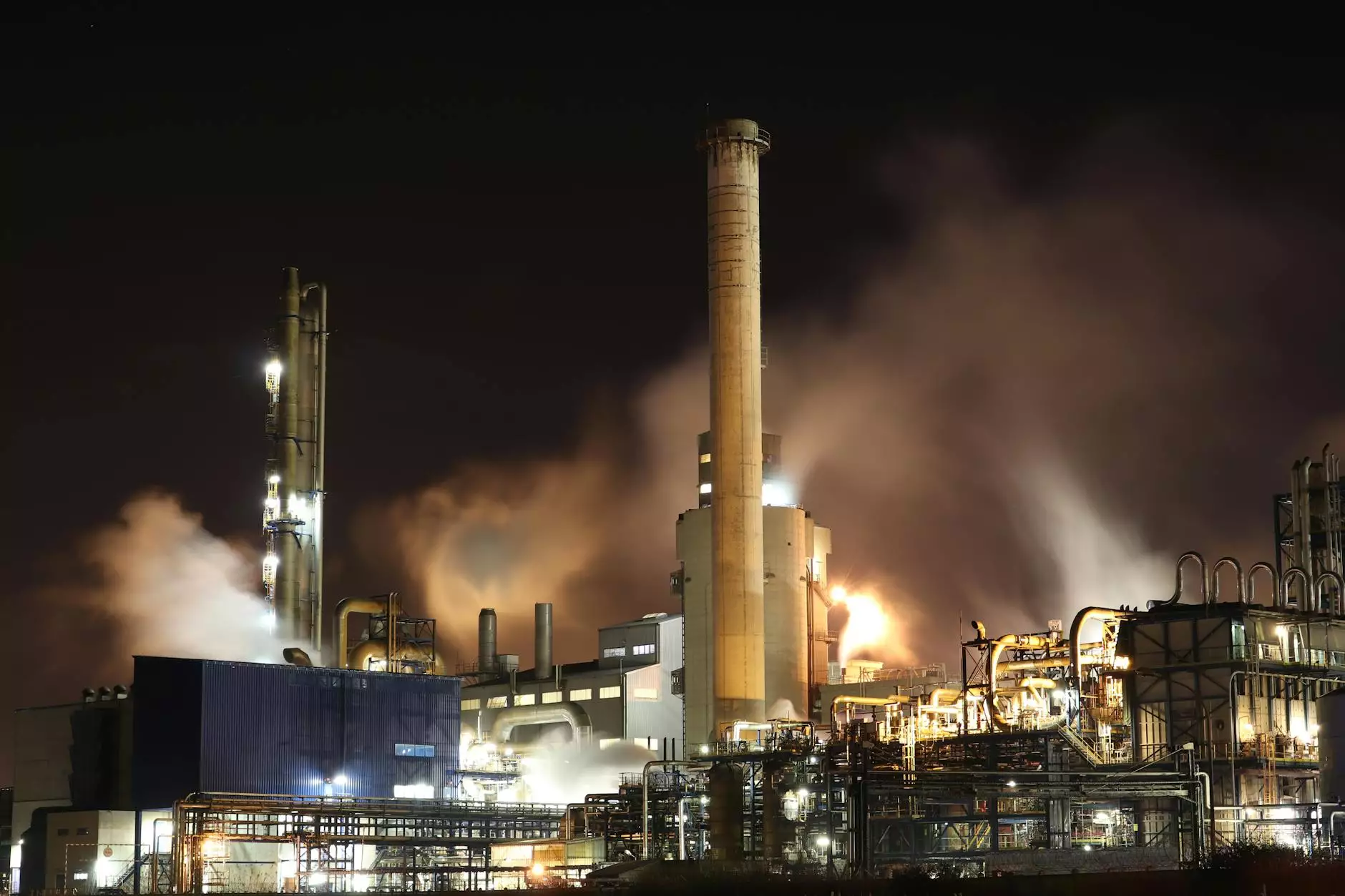Cancer Risk for Non-Smokers: Diesel Exhaust
Legal
Understanding the Health Risks
Non-smokers may believe they are safe from the dangers of lung cancer, but exposure to diesel exhaust can pose significant health risks. Diesel exhaust, which is produced by vehicles such as trucks, trains, and heavy machinery, contains harmful substances that can be inhaled by individuals who spend time in close proximity to these sources.
The Link Between Diesel Exhaust and Lung Cancer
Research has indicated a strong association between diesel exhaust exposure and an increased risk of lung cancer in non-smokers. The International Agency for Research on Cancer (IARC) classified diesel engine exhaust as a Group 1 carcinogen, meaning it is confirmed to be carcinogenic to humans.
Understanding Diesel Exhaust Components
Diesel exhaust is a complex mixture of gases, vapors, and particulate matter. It contains several harmful substances, including:
- Carbon monoxide (CO)
- Nitrogen oxides (NOx)
- Particulate matter (PM)
- Polycyclic aromatic hydrocarbons (PAHs)
- Benzene and formaldehyde
- Sulfur dioxide (SO2)
Health Effects of Diesel Exhaust Exposure
Exposure to diesel exhaust can lead to a range of health effects, including:
Lung Cancer
As mentioned earlier, non-smokers exposed to diesel exhaust have an increased risk of developing lung cancer. The harmful substances present in diesel exhaust can damage the DNA in lung cells, leading to the growth of cancerous cells over time.
Respiratory Symptoms
Exposure to diesel exhaust can cause respiratory symptoms such as coughing, wheezing, and shortness of breath. Individuals with pre-existing respiratory conditions, such as asthma or chronic obstructive pulmonary disease (COPD), may experience worsened symptoms.
Cardiovascular Effects
Studies have also shown that diesel exhaust exposure can have adverse effects on the cardiovascular system. It can contribute to the development or worsening of heart conditions, including heart attacks and strokes, due to the inflammation and damage caused by the components of diesel exhaust.
Protecting Non-Smokers from Diesel Exhaust
Given the identified risks associated with diesel exhaust exposure, it is crucial to take appropriate measures to protect non-smokers. This involves:
Regulations and Workplace Standards
Government bodies and regulatory agencies have implemented guidelines and workplace standards to limit exposure to diesel exhaust. These standards include the use of emission control technologies, ventilation systems, and personal protective equipment to minimize the risks faced by individuals in various industries.
Legal Recourse for Non-Smokers
If you, or someone you know, have developed lung cancer or other health complications as a non-smoker due to diesel exhaust exposure, Denaro Anthony D Atty can provide the legal assistance you need. Our experienced team specializes in cases related to diesel exhaust and non-smokers' health concerns. We understand the complexities involved and are dedicated to fighting for the rights of those affected.
Conclusion
Non-smokers exposed to diesel exhaust face an elevated risk of lung cancer and other health issues. Understanding the harmful components of diesel exhaust and the associated health effects is crucial in taking proactive steps to minimize exposure. When seeking justice for the damages caused, Denaro Anthony D Atty is here to provide the legal support and guidance you need.




